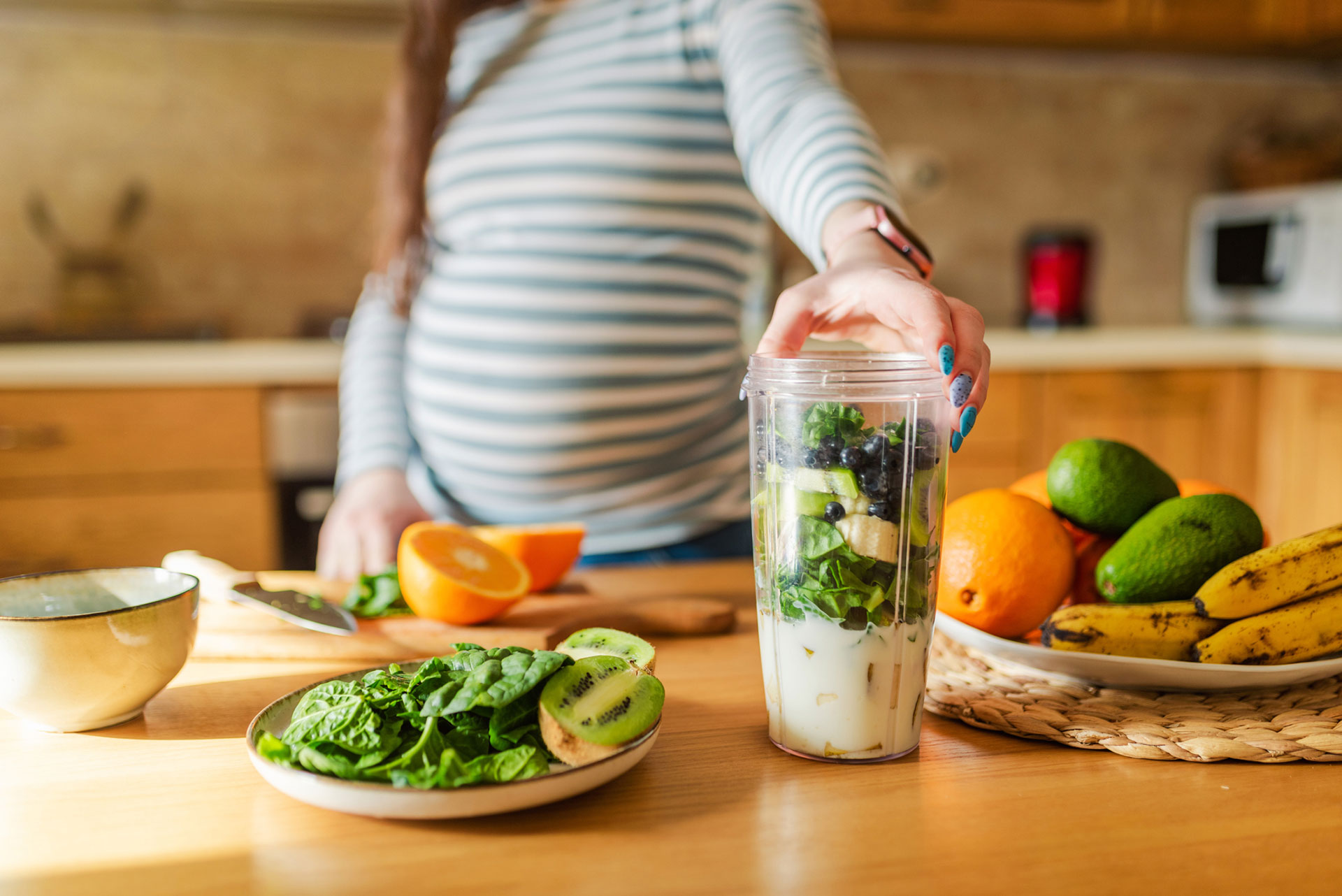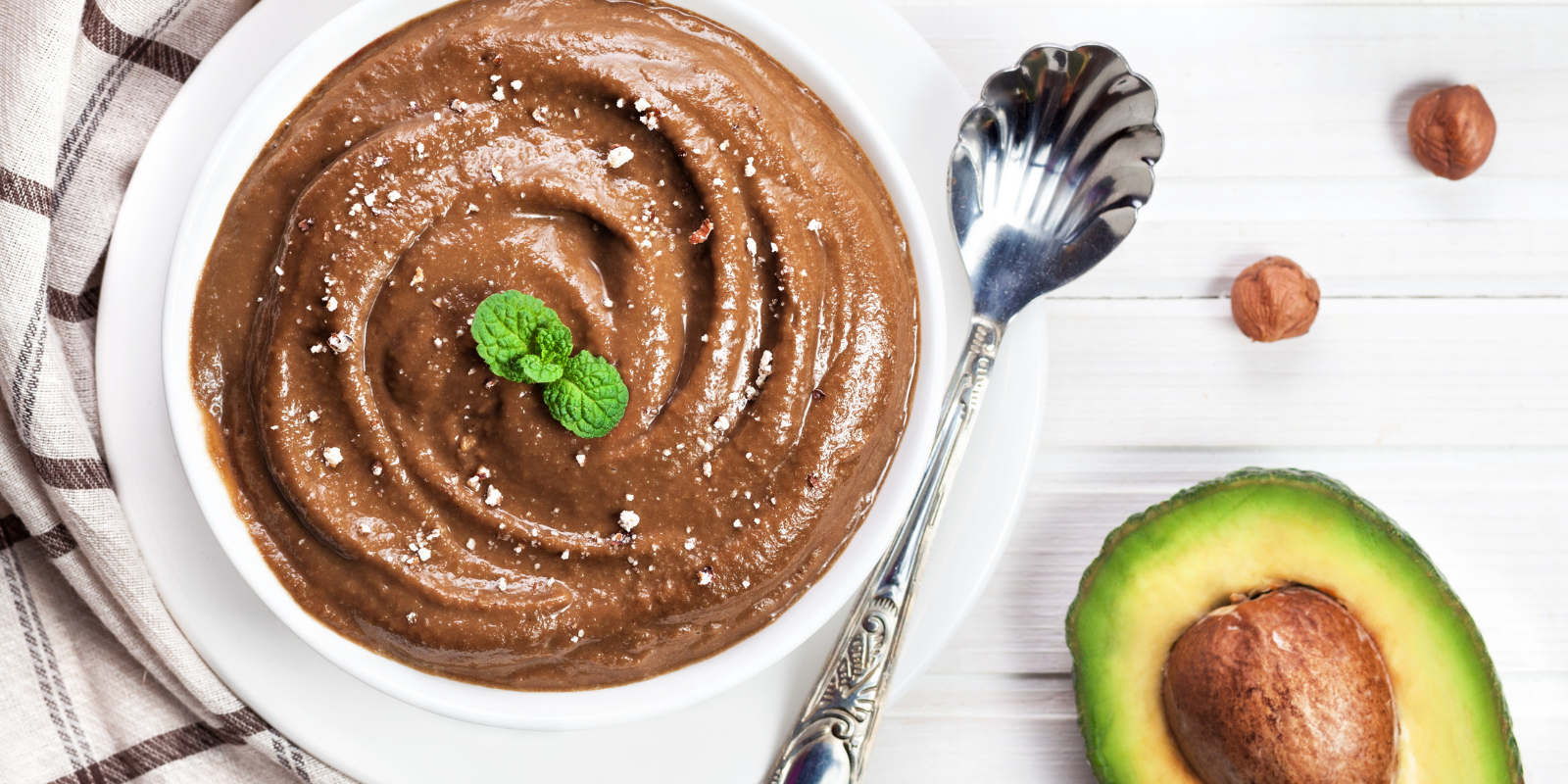Now do I have your attention?
As a nutritionist, you might assume my favourite snack is something along the lines of hummus and veggies. While I do like this combo, if I’m being 100% honest I’d probably rather something a little more indulgent like a cookie or chocolate. The common denominator? Sugar.
Did you know that research has shown that insulin resistance and blood sugar imbalances, often caused by too much sugar in the diet, can greatly reduce progesterone production?
Let me explain.
What is insulin resistance?
Insulin is a hormone produced by the pancreas. One of its main jobs is to react to any sugar that is entering the body and move it into the cells to be used as energy. The more sugars (which carbohydrates are broken down into) you eat, the more insulin is produced. Over time, however, if we consume too many carbs our body can start to become resistant or stop responding to the constant demand for insulin. This, in turn, causes the pancreas to work even harder to pump out more and more insulin. When this happens, too much sugar is left in the bloodstream which can negatively impact our health.
When it comes to progesterone, the increased levels of insulin can cause an increase in adrenaline and cortisol levels. This can cause the body to deplete progesterone – not great news for women who are trying to become pregnant.
Progesterone is a powerhouse hormone most notably responsible for helping to thicken the uterine lining and preventing uterine contractions that may cause the rejection of an egg.
So, what can we do to correct insulin resistance?
Getting blood sugars and insulin back under control can be fairly simple for most people with some simple lifestyle modifications.
- Change the TYPE of carbohydrate you consume. Ditch white flours and sugars and opt for complex carbs such as beets, lentils, and brown rice. Foods that are no longer in their natural state (ie. rice turned into rice pasta), tend to have a greater impact on our blood sugars. Choose carbs that are easily recognized, for example, beets instead of beet chips, and opt for ones that are brightly coloured.
- Reduce the total carbohydrate load you eat in a day. For some this will be really hard – carbs are easy to access, delicious and for many, are tied closely to emotions. However, instead of having a huge bowl of pasta for dinner, have 1 cup topped with grilled chicken and tossed with tons of veggies. Reducing the quantity of carbs will give your body the much-needed break it needs from producing insulin.
- Deal with the stress. Did you know that stress actually causes our blood sugars to rise? Doing so then will create a surge of insulin (remember your body wants to move that sugar into your cells for energy and insulin is the driver of this). Of course, managing stress is easier said than done, but simply having the awareness that stress can impact blood sugars insulin might be enough to encourage some changes. Check out this article on progesterone and stress for more in-depth details and strategies. 58]
- You don’t need to run a marathon or hit the gym daily to get the blood sugar and insulin-balancing benefits of movement. Exercise helps cells in your muscles take up more glucose to use for energy while lowering blood sugar. Regular exercise also makes cells more responsive to insulin and helps prevent resistance. If you are looking for some safe fertility-focused workouts, all our programs provide video-led specialized exercise programs for any stage of your fertility journey. Learn more here.
- Protein and fat. These two powerhouse macronutrients having amazing blood sugar balancing properties. They help you feel full and satisfied, keep cravings at bay, and have less of a blood sugar impact than carbs. I highly encourage you to consume protein and healthy plant-based fats at each meal along with plenty of non-starchy carbs to help get your sugars under control. Examples of quality protein include eggs, fish, poultry, lentils, beans, hemp hearts, and based foods like tofu. Examples of healthy plant-based fats include avocado, olive oil, unsweetened coconut, raw nuts, and seeds.
Getting your blood sugars and insulin under control doesn’t have to create major stress or upheaval in your life. Consider focusing on one strategy at a time – get used to incorporating it into your life and then move onto another. Remember, imbalances and resistance to insulin not only can affect your progesterone but can also impact a host of other key fertility hormones needed for conception and a healthy pregnancy.
If you have any questions, reach out I’d be happy to answer those for you! Michelle@mymindbodybaby.com




